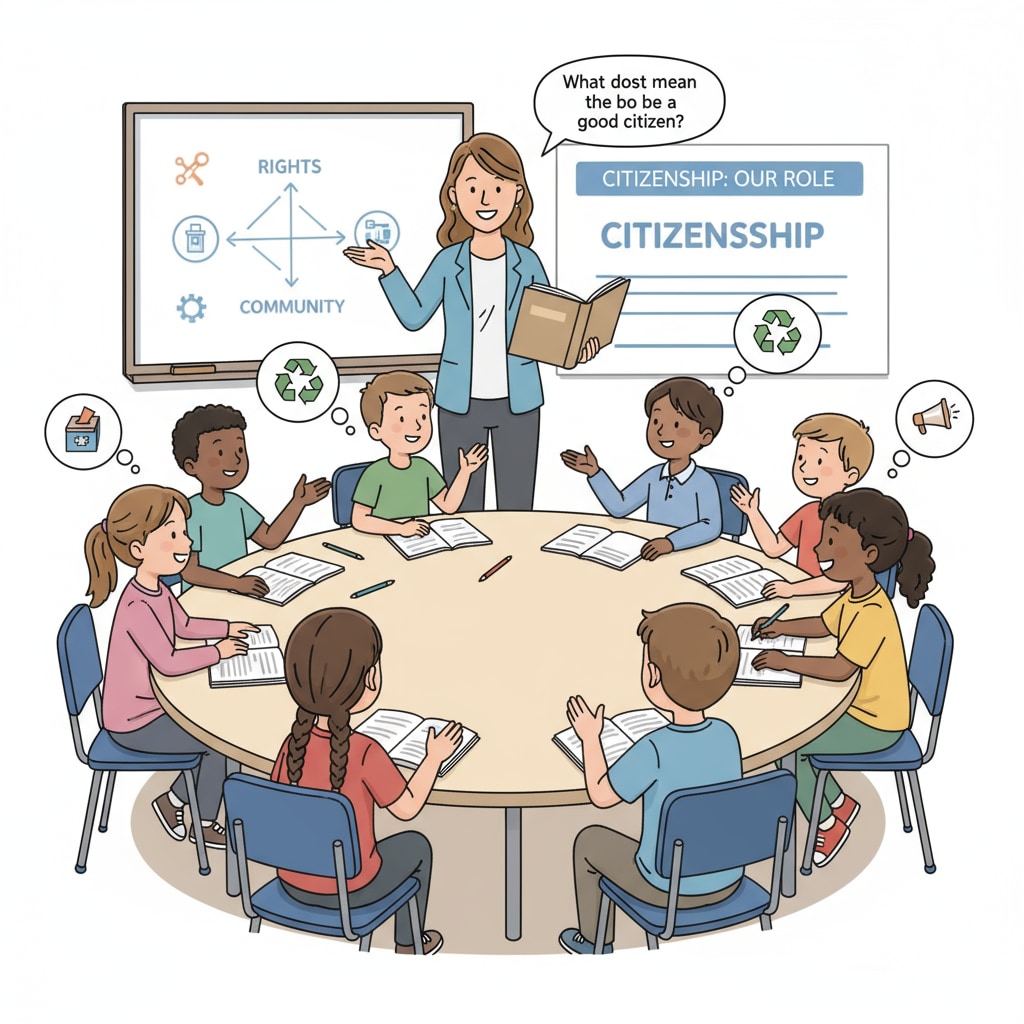College student voting, campus promotion, and civic engagement are crucial aspects in shaping an informed and active citizenry. In recent years, the issue of low voting rates among college students has drawn significant attention. This article delves into strategies to address this concern, starting from the K12 education stage to foster a sense of civic responsibility that will translate into higher voting participation in college.
The Foundation of Civic Engagement: K12 Education
K12 education plays a pivotal role in laying the groundwork for civic engagement. By integrating civic education into the curriculum, students can develop an understanding of their rights and responsibilities as citizens. For example, courses on government, history, and social studies can teach students about the democratic process, including the importance of voting. According to Britannica, civic education aims to prepare individuals to participate effectively in the political and social life of their communities. Through interactive lessons, discussions, and projects, students can gain practical knowledge and skills related to civic participation.

Simulated Elections in K12: A Hands-On Approach
Simulated elections are an excellent way to engage K12 students and enhance their understanding of the voting process. Schools can organize mock elections where students can experience the entire process, from registering to casting their votes. This hands-on approach not only familiarizes them with the mechanics of voting but also instills a sense of ownership and responsibility. As a result, students are more likely to view voting as an important civic duty when they reach college age. Wikipedia states that simulated elections can serve as valuable educational tools to promote political awareness and participation.

To further encourage civic engagement, schools, families, and communities should work together. Parents can reinforce the lessons learned in school by discussing current events and political issues at home. Communities can also organize events and activities that promote civic participation, such as volunteer opportunities and town hall meetings. By creating a supportive environment, students are more likely to develop a strong sense of civic responsibility.
In conclusion, college student voting, campus promotion, and civic engagement are intertwined. By focusing on K12 education and implementing strategies such as civic education and simulated elections, we can cultivate a generation of informed and responsible citizens who will actively participate in the democratic process. This proactive approach will not only increase college student voting rates but also contribute to a more vibrant and democratic society.
Readability guidance: The article uses short paragraphs and lists to summarize key points. Each H2 section provides a clear focus. Passive voice and long sentences are kept to a minimum, and transition words are used throughout to enhance readability.


